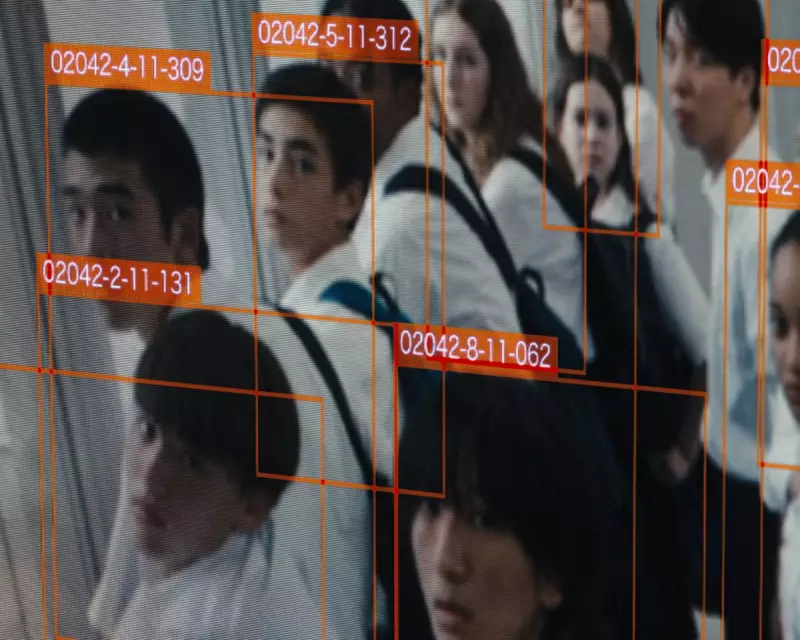
In a stunning cinematic achievement that echoes the most chilling dystopian fiction, director Yukiko Mishima's HappyEnd presents a haunting vision of perfection gone terribly wrong. This brilliantly mysterious Japanese drama pulls back the curtain on a high school environment where absolute harmony comes at the most sinister price.
The film introduces us to a seemingly idyllic educational institution where students achieve flawless academic results and exhibit impeccable behaviour. Yet beneath this veneer of utopian perfection lurks something deeply unsettling, bringing to mind Orwell's most terrifying warnings about surveillance and control.
A Masterclass in Atmospheric Tension
Mishima demonstrates extraordinary skill in building palpable tension through seemingly mundane scenarios. The camera lingers on perfectly aligned desks, spotless hallways, and expressionless faces, creating an atmosphere so thick with unease you could cut it with a knife. Each frame feels meticulously constructed to unsettle the viewer, transforming the ordinary setting of a school into something profoundly ominous.
The young cast delivers performances of remarkable subtlety and depth, their increasingly robotic behaviour masking the horror unfolding beneath the surface. As the narrative progresses, the film reveals itself as not just a story about education, but a devastating commentary on societal pressure, conformity, and the terrifying extremes of pursuit of excellence.
More Than Just a High School Drama
HappyEnd transcends its educational setting to ask universal questions about freedom, individuality, and the cost of perfection. Mishima crafts a narrative that works simultaneously as a compelling psychological thriller and as sophisticated social commentary, bringing to mind the best works of Kiyoshi Kurosawa while maintaining a distinctive voice.
The film's visual language speaks volumes where dialogue remains sparse. Clever cinematography uses reflections, surveillance angles, and claustrophobic compositions to create a sense of constant observation. The colour palette shifts subtly throughout, mirroring the psychological deterioration masked by the institution's pristine appearance.
A Triumph of Modern Japanese Cinema
This exceptional film confirms Yukiko Mishima as one of the most exciting voices in contemporary Japanese cinema. HappyEnd doesn't merely tell a story—it creates an experience that gets under your skin and prompts deep reflection on the systems that shape our lives.
While the film moves at a deliberate pace, it builds toward revelations that are both shocking and intellectually satisfying. The final act delivers emotional punches that land with devastating force, ensuring the film's imagery and ideas will linger in your mind for days.
For audiences seeking cinema that challenges, provokes, and mesmerizes in equal measure, HappyEnd represents unmissable viewing. It's a masterpiece of mood and metaphor that establishes a new high watermark for psychological drama.






